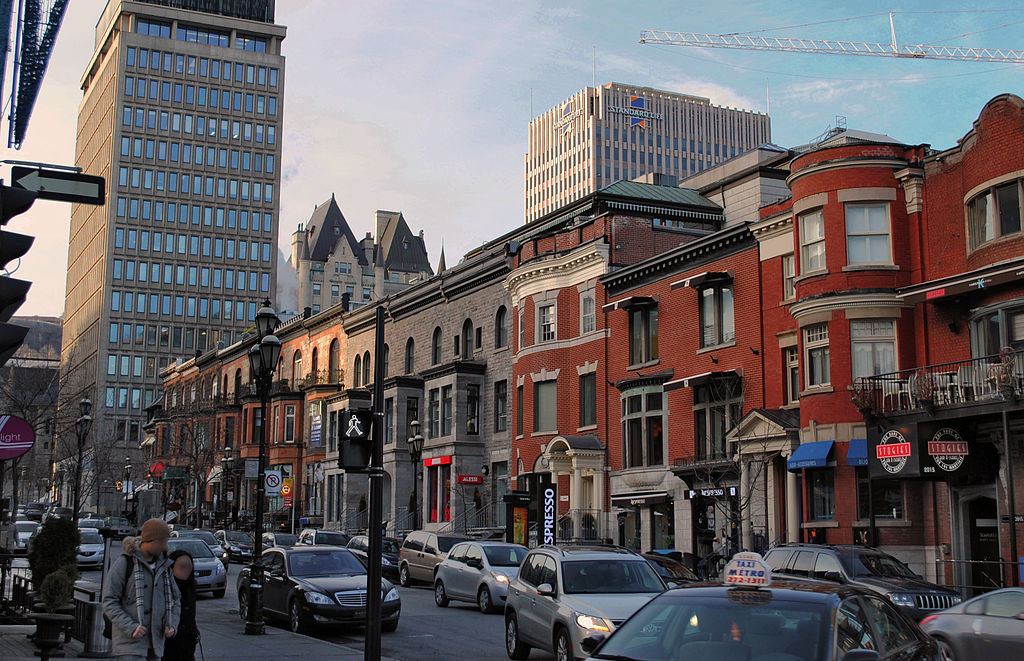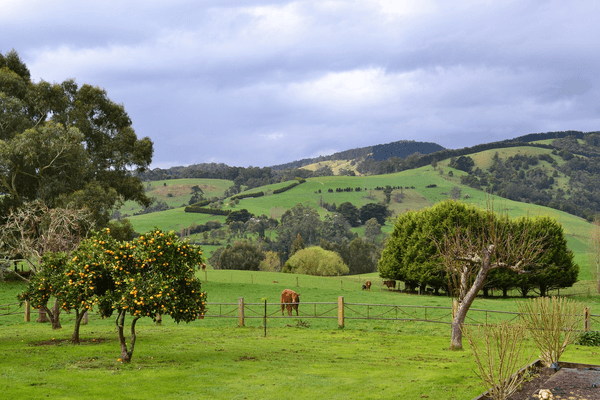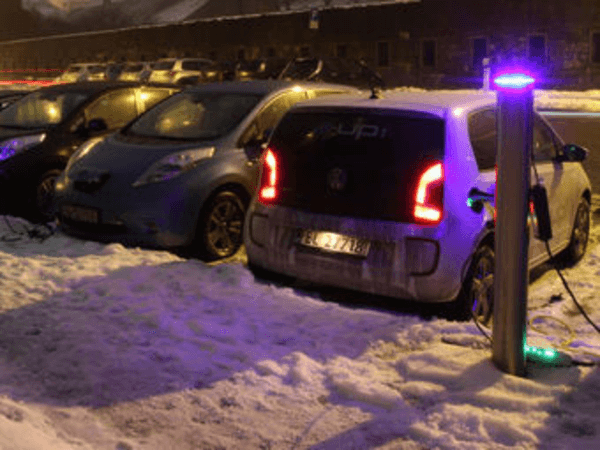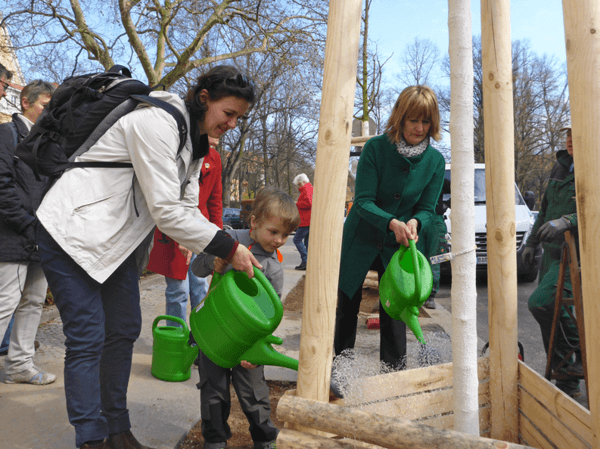
City
Montréal
Main actors
City Government, Private Sector, NGO / Philanthropy, Community / Citizen Group
Project area
Metropolitan Area
Duration
Ongoing since 2005
The Sustainable Montreal plan provides a shared framework and action plan for citizens, local business and partner organizations to build long-term sustainability for the city.
The Sustainable Montreal plan 2016-2020 was realized by a collaborative working process involving more than two hundred partner organizations and representatives from central and local municipal administrations. The plan includes lessons learned from the implementation of two previous plans implemented by the city administration in 2005-2010 and 2010-2015.
Sustainable Montreal 2016–2020 clearly defines priorities for the city administration and partner organizations to achieve the goals outlined in the plan.
These include:
- reducing GHG emissions and dependence on fossil fuels
- greening the city by increasing biodiversity and ensuring the sustainability of resources
- providing access to sustainable and healthy neighborhoods,
- facilitating the transition to a green, circular and responsible economy,
The City of Montreal is responsible for coordinating the development, monitoring the implementation and evaluating the effectiveness of the measures outlined in the plan.
External links / documents
On Map
The Map will be displayed after accepting cookie policy


